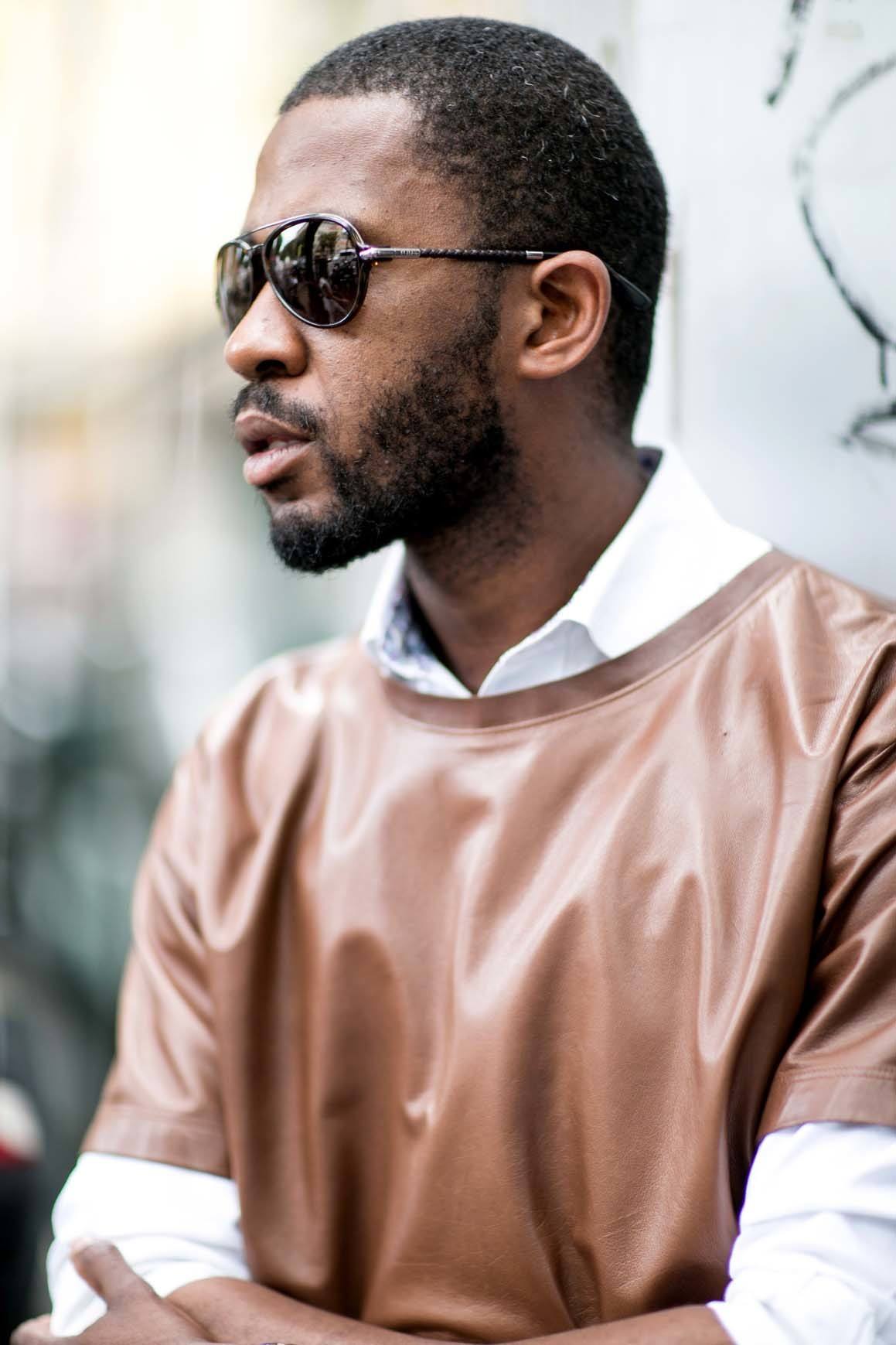Barbers as Cultural Stewards Shaping Neighborhood Character and Connection in New York City
Barbershops in NYC are more than just places to get a trim; they serve as important cultural hubs that help shape community identity and foster relationships among locals. These businesses have a rich heritage in urban settings, serving as meeting spots where individuals from varied backgrounds come togetherness. In many areas, barbershops are often the initial place where clients can participate in conversations about local issues, share stories, and forge relationships. This distinct role makes barbers not only skilled professionals but also cultural curators who contribute to the social fabric of their communities.
The atmosphere in a barbershop is often vibrant and welcoming, creating a space where people feel comfortable sharing themselves. Barbers are known for their skill to connect with clients, often engaging in discussions that range from sports to current events. This engagement helps to create a feeling of belonging among patrons, as they discuss their stories and viewpoints. In many instances, barbershops mirror the ethnic diversity of the neighborhoods they support, showcasing different hairstyles, grooming techniques, and even music that resonate with the local population. This cultural exchange enriches the interaction for everyone involved and strengthens community ties.

Barbershops also have a significant role in preserving cultural traditions. Many barbers have been educated in specific techniques that are transmitted through ages, guaranteeing that unique styles and methods are not forgotten over time. For example, certain haircuts and grooming practices may be tied to cultural background, allowing clients to express their identity through their appearance. By upholding these customs, barbershops help to preserve cultural stories alive, providing a feeling of pride and connection for local members.
In addition to their cultural significance, barbershops often engage in community outreach and support local initiatives. Many barbers take an active role in addressing social issues, such as education and health awareness, by hosting events or providing resources to their clients. This involvement demonstrates a commitment to the health of the community and encourages a sense of duty among barbers. By using their influence to encourage positive development, barbershops become essential weblink players in the local area, further reinforcing their role as community curators.
Overall, barbershops in New York City serve as essential spaces for cultural exchange, community development, and identity formation. They provide a distinct environment where individuals can connect, share, and honor their varied backgrounds. As community curators, barbers not only influence the way clients present themselves but also influence the broader community dynamics. By understanding the importance of these businesses, we can value the vital role they have in building connections and preserving cultural traditions in city settings.